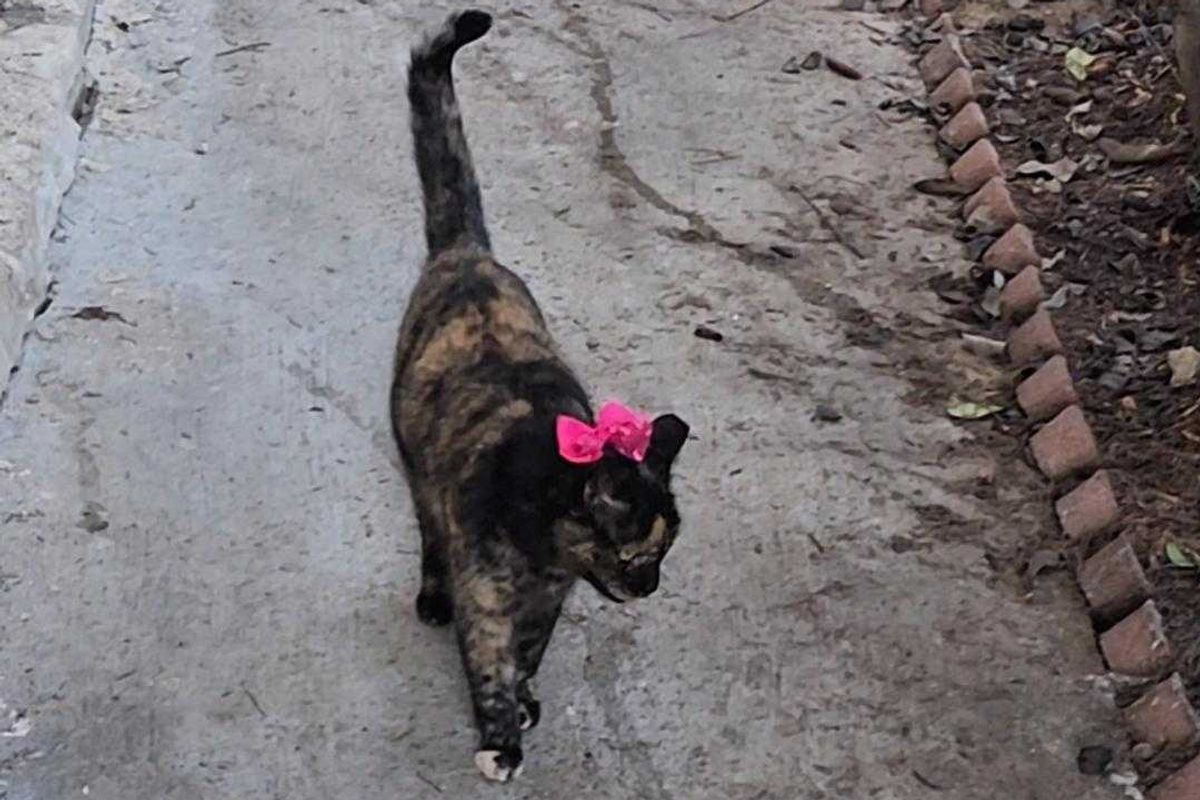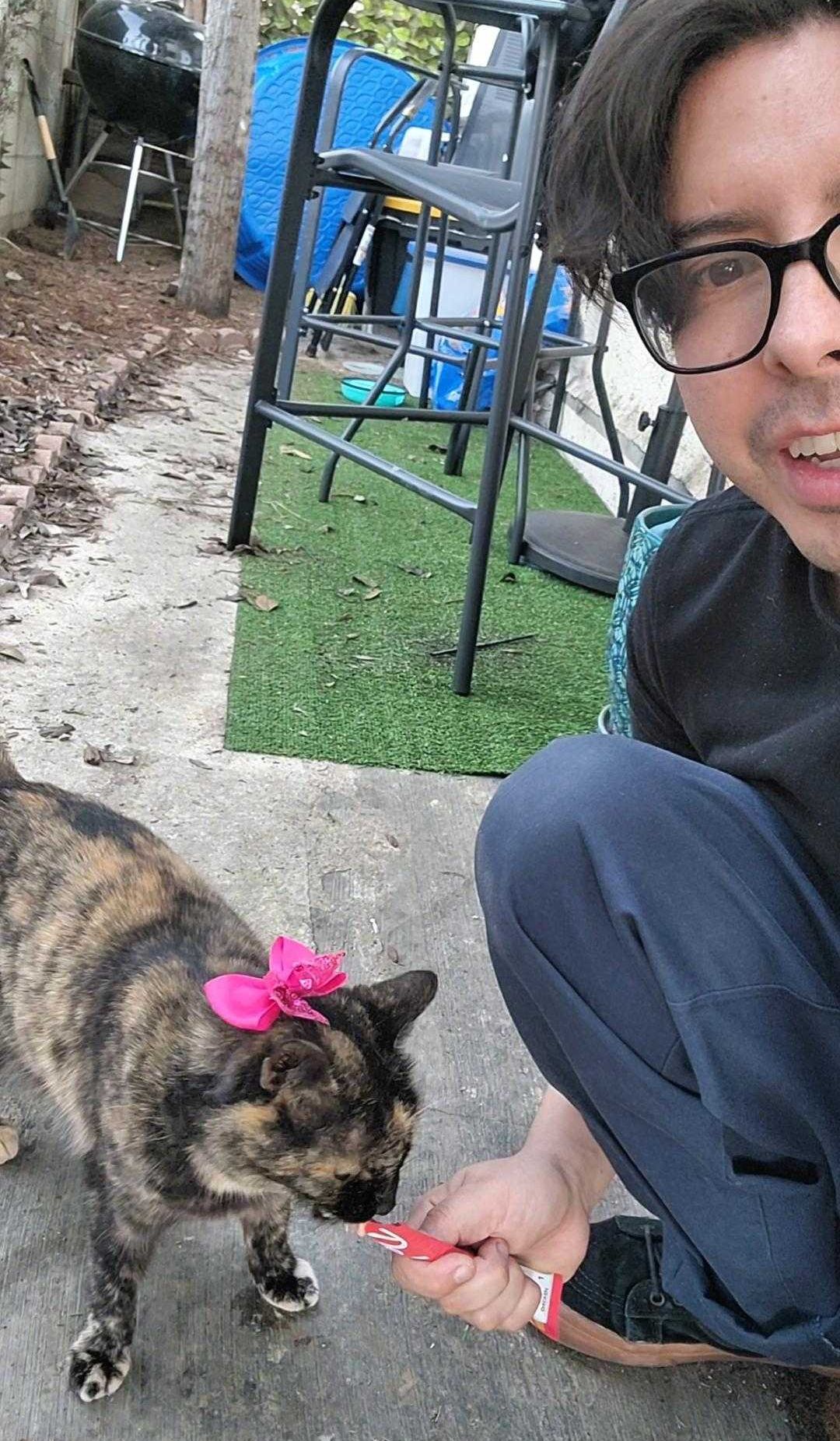There were too many deer in the forest. So they unleashed the wolves without any idea what would happen.
When the deer killed off the forest, they decided to let the wolves loose to fix it. We had no idea what exactly we had done.
One of the most exciting scientific findings of the last 50 years is called a trophic cascade.
A trophic cascade starts at the top of the food chain and tumbles to the bottom. One of the best examples of this happened in Yellowstone National Park in 1995 when wolves were reintroduced.
Wolves are really good at eating deer. But as it turns out, because of their deer diet, they also help lots of other animals survive.
Basically, wolves see deer/elk like this:
Humans killed all the wolves in Yellowstone National Park 70 years ago. And the deer population exploded.
Humans, being the controlling type in our relationship with Earth, tried to control the deer population. But deer are super-good at showing each other lots of love ... so the population grew and grew. In 1995, we reintroduced wolves to the park, and they immediately started killing the deer. But that's the least remarkable part. The wolves actually started changing the behavior of the deer.
Deer started avoiding certain parts of the park — mostly the places where they could easily be trapped.
And those areas started to regenerate! The trees grew five times the height they had been!
Barren parts of the land became lush forest filled with new animals. Songbirds moved back in because of all the new trees!
Beavers loved the new trees, so they started moving in too! They built some dams, and that created ponds in the rivers. Ducks, muskrats, otters, and fish moved in.
The wolves started killing coyotes, and that allowed for mice and rabbits. Which brought foxes, weasels, and owls back to the park.
Bald eagles and hawks decided they wanted in on the action too.
Then grizzly bears moved back as well!
You see, the new trees were suddenly growing berries they could eat and thrive on.
The wolves even changed the behavior of the rivers. With less erosion, more pools formed, and the rivers stopped meandering. They became more fixed in their course.
Wolves changed not just the ecosystem, but its actual topography.
We are all connected. And what we do to other species affects you and me.
Now, go hug a tree and thank a wolf today.
- Mama deer comes running when she hears newborn crying - Upworthy ›
- Mama deer comes running when she hears newborn crying - Upworthy ›
- Our childhood fairytales got wolves wrong - Upworthy ›
- A scientist created a 'utopia' for mice and then they all started dying - Upworthy ›
- Beavers return to California for the first time in 70 years - Upworthy ›






 A woman is getting angry at her coworker.via
A woman is getting angry at her coworker.via  A man with tape over his mouth.via
A man with tape over his mouth.via  A husband is angry with his wife. via
A husband is angry with his wife. via 


 A cat wearing a festive red and green sweater. Photo by
A cat wearing a festive red and green sweater. Photo by  Gloria gets a treat from Martin. Photo Credit: Martin Rizo
Gloria gets a treat from Martin. Photo Credit: Martin Rizo
 Better leave the urine tests to the professionals in the lab. Photo by
Better leave the urine tests to the professionals in the lab. Photo by  An ancient urine color chart used by doctors.Maria1862/
An ancient urine color chart used by doctors.Maria1862/